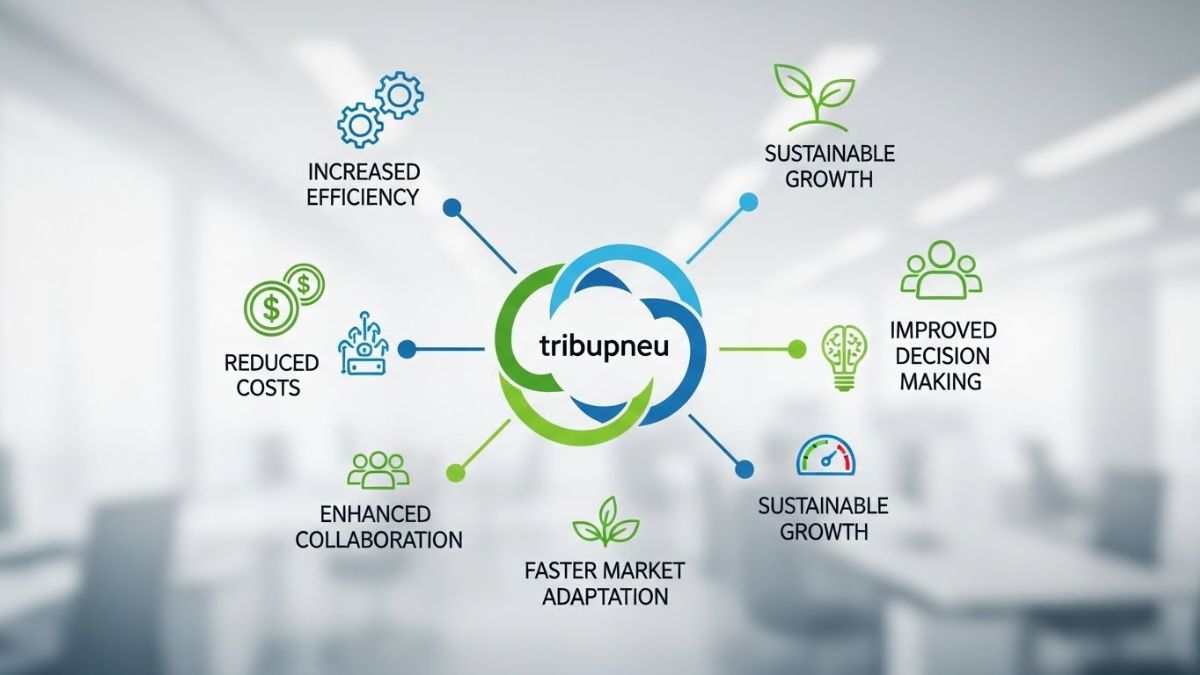Hiring the right employees is one of the most important aspects of running a successful business. Small businesses often face challenges in attracting and selecting top talent due to limited resources, time constraints, and the need for efficient hiring processes. Recruiting software can simplify recruitment by automating tasks, organizing applications, and streamlining communication with candidates.
With so many options available, choosing the best recruiting software for small businesses can be overwhelming. The right system should offer user-friendly features, integration with job boards, and time-saving automation tools. Small businesses must also consider pricing, ease of implementation, and whether the software aligns with their hiring needs.
Why Small Businesses Need Recruiting Software
Hiring Challenges for Small Businesses
Small businesses often lack dedicated HR teams, making recruitment time-consuming. Managing applications, scheduling interviews, and tracking candidate progress can take valuable time away from core business activities. Without the right tools, businesses risk losing top candidates to competitors with a smoother hiring experience.
In addition to time constraints, small businesses must compete with larger organizations that have more resources to attract talent. A structured approach using recruitment software for small businesses helps level the playing field by making the hiring process more efficient and organized.
How Recruiting Software Helps
Using recruiting software for small businesses allows companies to automate various parts of the hiring process, from posting job ads to tracking applications. These systems reduce paperwork, minimize hiring delays, and ensure a professional experience for candidates.
Modern recruitment platforms integrate with job boards, social media, and email, making it easier for businesses to reach a wider pool of applicants. They also allow businesses to filter candidates based on qualifications, experience, and skills, ensuring that only the most relevant applicants move forward in the hiring process.
Key Features to Look for in Recruiting Software
Job Posting and Multi-Platform Integration
A strong recruitment software for small businesses should simplify job posting by allowing companies to distribute job listings across multiple platforms. Instead of manually submitting job postings on different job boards, recruitment software automates the process, ensuring that openings reach a wider audience.
Platforms integrating with LinkedIn, Indeed, Glassdoor, and other job sites allow businesses to attract more candidates. Social media integration is another key feature, as many job seekers actively search for opportunities on platforms like Facebook and Twitter.
Applicant Tracking System (ATS)
An applicant tracking system (ATS) is a core feature of recruiting software for small businesses. It helps companies to manage applications, track candidate progress, and store resumes in a centralized system.
An ATS allows hiring managers to filter candidates based on predefined criteria, such as education, experience, and skills. It also enables businesses to categorize applicants into different stages of the hiring process, making it easier to manage interviews and follow-ups.
Automated Resume Screening
Small businesses often receive many applications for open positions, making it difficult to review each one manually. Recruitment software with automated resume screening uses AI-powered algorithms to identify candidates who best match the job requirements.
This feature saves time by eliminating unqualified applicants early in the process. It also ensures that recruiters focus only on the most relevant candidates, improving the efficiency of the hiring workflow.
Interview Scheduling and Communication Tools
Coordinating interviews with multiple candidates can be challenging, especially for businesses with limited HR resources. The best recruiting software for small businesses includes built-in scheduling tools that sync with calendars and send automatic reminders to both candidates and interviewers.
Communication tools within the software allow hiring managers to send emails, conduct video interviews, and message candidates without switching between different platforms. These features create a seamless experience for both recruiters and job seekers.
Collaboration Features for Hiring Teams
Collaboration features are essential for businesses with multiple decision-makers involved in the hiring process. Small business recruiting software should allow team members to share feedback, rate candidates, and discuss hiring decisions within the platform.
Centralized communication reduces confusion and ensures hiring managers access the same information when evaluating candidates. This results in a more organized and structured recruitment process.
Customizable Hiring Workflows
Every business has different hiring needs. The best recruiting software for small businesses should offer customizable workflows that allow companies to create hiring processes tailored to their specific requirements.
Some businesses may require multiple interview rounds, while others may need a quick, one-step hiring process. The ability to customize hiring stages ensures that recruitment software adapts to the needs of different industries and company sizes.
Integration with Payroll and HR Systems
After hiring an employee, businesses must manage payroll, benefits, and onboarding. Recruitment software for small businesses that integrates with HR and payroll systems makes the transition from hiring to employment smoother.
Integration with HR platforms reduces administrative work by automatically transferring candidate data to employee records. This feature improves efficiency and ensures that all necessary documentation is stored correctly.
Data Analytics and Reporting
Tracking the effectiveness of recruitment efforts helps businesses improve their hiring strategies. Recruitment software for small businesses should include analytics and reporting tools that provide insights into hiring trends, time-to-hire, and applicant demographics.
Reports help businesses identify bottlenecks in the hiring process, such as slow interview scheduling or low candidate engagement. Companies can refine their recruitment approach with data-driven insights and make better hiring decisions.
Mobile Accessibility
With remote work becoming more common, businesses need recruiting software for small businesses offering mobile access. Hiring managers should be able to review applications, schedule interviews, and communicate with candidates from their smartphones or tablets.
Mobile-friendly platforms ensure that hiring continues even when recruiters are away from their desks. Mobile-friendly job applications also benefit candidates by making it easier for them to apply for positions from any device.
How Recruiting Software Benefits Small Businesses
Faster Hiring Process
Manual hiring methods can lead to delays, causing businesses to lose qualified candidates to competitors. Recruitment software for small businesses speeds up the process by automating job posting, resume screening, and interview scheduling tasks.
By reducing the time-to-hire, businesses can secure top talent before they accept offers elsewhere. This efficiency also helps small businesses fill positions quickly, ensuring smooth operations.
Improved Candidate Experience
A well-organized recruitment process leaves a positive impression on candidates. Best recruiting software for small businesses ensures that applicants receive timely communication, clear instructions, and an easy application process.
Providing a seamless experience increases the likelihood that top candidates will accept job offers. It also enhances the company’s reputation, making future recruitment efforts more successful.
Better Hiring Decisions
With structured screening, automated assessments, and centralized candidate tracking, recruiting software for small businesses helps hiring managers make informed decisions. Companies can evaluate candidates based on consistent criteria, reducing bias and improving hiring accuracy.
Cost Savings
Investing in recruitment software for small businesses reduces hiring costs in the long run. Automation minimizes manual administrative work, allowing businesses to allocate resources more efficiently. Additionally, faster hiring means fewer lost productivity hours due to unfilled positions.
Conclusion
Choosing the best recruiting software for small businesses can significantly improve the hiring process by saving time, reducing costs, and attracting top talent. The right platform should offer integration of job postings, applicant tracking, automated resume screening, and seamless collaboration features.
Businesses that invest in recruitment software for small businesses gain a competitive edge in hiring by streamlining recruitment and improving candidate experience. Small businesses can build strong teams with the right tools, contributing to long-term success.















